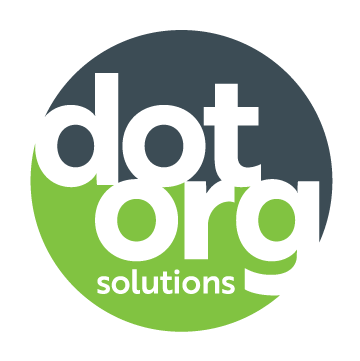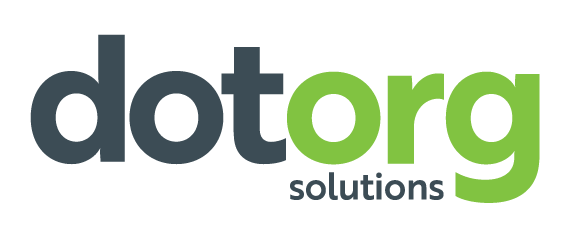Four reasons why learning is important for young professionals
While it’s important for everyone to continue learning throughout their career, it is especially crucial for young professionals.
Taking on new projects, asking employers questions, researching, attending networking events and more allows young professionals to gain the skills, confidence and industry knowledge they need to advance their careers. Here are four reasons it is important for young professionals to learn as much as they can early on in their industry.
1. It will help you grow professionally — and personally.
As a young professional in an entry-to-mid-level position, you may have spent the last several years of your life studying your industry of interest. While this type of education is effective, you likely have much more to learn when you enter the workforce.
This is not a bad thing. In fact, this allows you to grow both professionally and personally. By being open to learning at your job, you can discover tricks of the trade, study how coworkers solve problems and develop new skill sets.
This learning does not simply help you become a more well-rounded, experienced worker; it also encourages you to grow individually. After all, in a profession, individuals determine how to handle work stress, bounce back from mistakes, interact with clients and coworkers and celebrate their successes. All these situations can help you grow and use the knowledge you attained from these lessons both inside and outside the work space.
2. Current and future employers view knowledgeable and experienced professionals as assets.
Let’s face it – the current job market is competitive. Once a young professional gets a job, they need to show their employer just how beneficial they are to the organization or company. And, if they decide they want to either move up in the business or pursue a career at a different organization, they must try to stand out among thousands to millions of other applications.
Simply put, if you are a young professional, you must have qualifications and qualities that set you apart from the crowd. Thankfully, the skills and knowledge you develop early in your career can do just that.
Consider discussing the industry with a supervisor or taking on new tasks and challenges to build your portfolio and resume. Acquire new skills to discuss in interviews, whether they you are seeking a new position or raise at a current organization or looking for another job elsewhere. Finally, show your current and future employers you have initiative, drive and passion for the work that they are doing.
Overall, through learning, young professionals can be seen useful and beneficial to employers – and this will ultimately lead to success for everyone.
3. Young professionals will someday become teachers within their industry.
As professionals move up the workplace ladder, they are asked to take on more responsibilities. This often means that they are asked to take the lead on projects or manage and supervise less experienced associates.
Learning earlier in your career will prepare you for the day when you will have to educate interns or entry-level employees. This will also allow you, later in life, to put yourself in other young professionals’ shoes and remember which lessons taught you the most – and then pass those teachings on to others in your office.
Eventually, the student becomes the teacher – and a well-informed teacher is a better teacher.
4. Young professionals may discover passions they never knew they had.
Any entry-level job has basic tasks that are essential for employees to complete. As you grow in your position and take on more responsibilities, you may be asked to learn new processes or work on projects that challenge you.
When presented with a learning opportunity, take it on and be open to learning. You never know what you might found out about your profession – and yourself.
If you’re a young professional, you may feel like a student on the first day of school – nervous, yet excited for the start of something new. And, like students, if you are willing to learn (and listen to the teacher), you will find yourself more prepared, qualified and successful.
Like what you read? Subscribe to our weekly blog and it will be delivered directly to your inbox!

Dot Org Content Team
Dot Org Solutions works with nonprofits of all types to raise more money, communicate effectively and educate their constituents so they can build better communities. Our proven systems and years of experience help reduce the anxiety and stress felt by nonprofit teams, giving them more time to focus on other important things.

